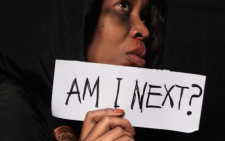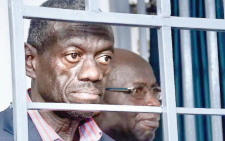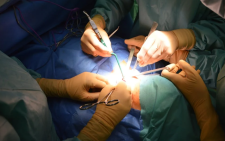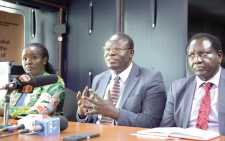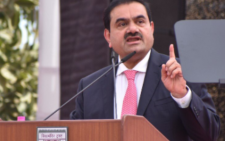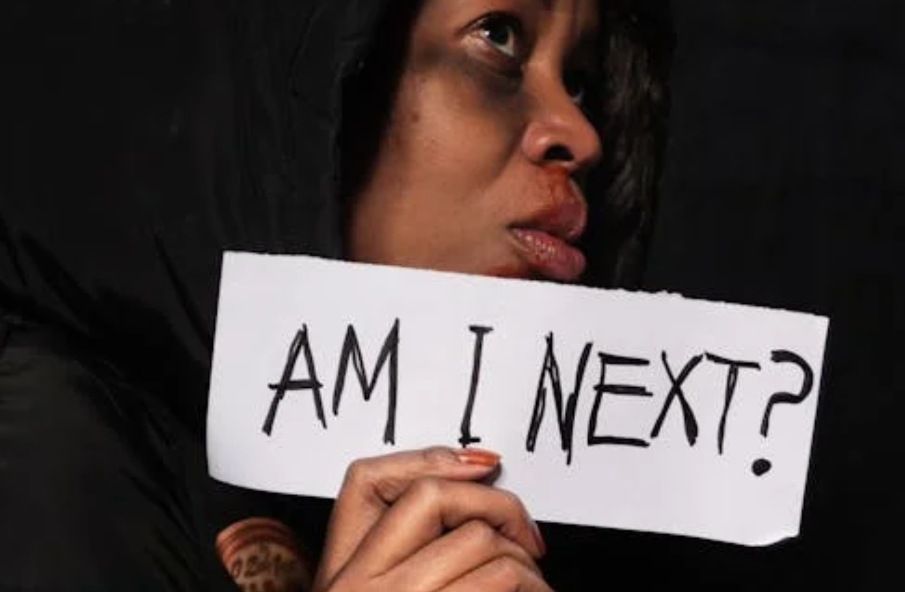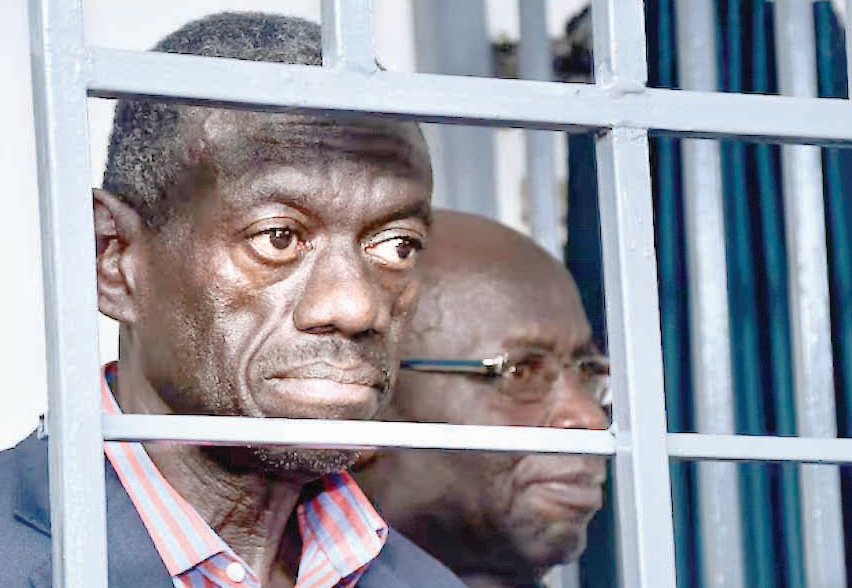Kenyans will soon get the nod to donate body organs and tissues of their beloved deceased persons if a proposed Bill is enacted into law by the National Assembly.
Individuals would also have the powers to decide whether to have parts or all their body parts and tissues harvested for either transplantation or research upon their deaths.
It remains to be seen how Kenyans, who still treat the dead with reverence, strong fear and utter respect, with the belief in resurrection, would receive the proposed law.
Should the Bill be passed by the House, spouses, parents, the eldest child of an adult or any person named as next of kin would have the powers to give consent to hospitals and other health facilities to harvest body organs and tissues of deceased persons .
The new legislative proposal is seeking to provide a legal framework for regulation of transplantation of human tissues and organs I a bid not only to control illegal trade in body organ and tissue trafficking, but also save lives of thousands of people requiring transplants.
New parastatal
The Human Tissue and Organ Transplantation Bill, 2024 sponsored by Mark Muriithi Mwenje (Embakasi West) seeks to establish Kenya Tissue and Organ Transplantation Authority which will be the successor of Kenya Tissue and Transplant Authority, currently established by a legal notice no. 142 of the year 2022.
The new body will have the powers to regulate all services relating to human tissue and organs transplantation, register and license facilities as well as provide support services for transfusions and transplantation systems including testing, grouping typing, banking, processing, distribution , manufacturing and quality control.
The bill however proposes to bar persons from giving consent for the harvesting of another person’s organs if they have knowledge that a person higher/senior than them is available to give consent, or another person who is in the same class or higher priority class would refuse to consent to donate or the person on whose behalf they are consenting would have made a different decision.
The bill comes at a time reports indicate that Kenya had only 708 kidney transplants between 2012 to 2022.
In 2021, only 160 kidney transplants were performed against 5,700 patients on haemodialysis, resulting in a transplant conversion rate of 2.8 percent compared to a global average rate of 10 percent.
At the moment organ transplant requires a general surgeon, a theatre, a consultation or treatment room and hand wash basin with running water and soap and basic equipment as defined in basic out-patient services.
Transplant costs
It is estimated that organ transplantation costs Sh5,973,890 for preparation, surgery and medication.
Reads the bill: “A person’s tissue or organs shall only be used for transplantation upon the person’s death in accordance with the consent given. In the absence of a consent by a deceased person, a person specified may give consent to donate the deceased person tissue or organ.”
It adds: “A person who contravenes the provisions of the Act will be fined Kshs 10 million or jailed for a term not exceeding 10 years.”
In the case of a child’s tissue or organ, the proposal says that said organs may be donated once the parent and the National Council for Children’s Services established under the children’s act gives consent.
A parent shall not give consent if they have personal knowledge that the other parent would refuse to give consent, as well as lack the authority to make medical decisions in respect of the child.
Before approving the said donation from the child, the National Counsel for Children Services will be required to ensure that the only the regenerative tissue or organ is to be donated, the child agrees to the donation without coercion or inducement and understands the nature and consequences of donation as well as all the adult members of the immediate family of the recipient have been eliminated by medical or other reasons as donors.
Reads the proposal: “The National Council for Children Service shall provide, to the child and the parent who gave the consent for the donation, a written notice with reasons for a decision to approve or disapprove the donation.”
While defending the proposal before the Budget and Appropriation Committee (BAC) which was considering the bill, Mwenje said that his bill seeks to guarantee high standards of care and healthcare to Kenyans especially at this time when there is a huge black market when it comes to organ harvesting.
Mwenje disclosed that there are people working in morgues as morticians earning about Sh10,000, Sh15,000, Sh25000 or 3Sh5,000 monthly because of the said organs.
He said: “ This is a very serious issue that is happening especially in Nairobi and I will give you practical experience because there’s a hospital in Embakasi known as Mama Lucy Kibaki which has had to fire some of the people who work in the morgue for bodies that at times have been misplaced sometimes people collect their own bodies and you can see some activity has happened on that specific body.”
MPs Naisula Lesuda (Samburu West) and Mary Emase (Teso South) supported the proposal saying there is need to regulate the said sector.


